Progress from the old topic?
Mr. Nguyen Tran Binh An, a master's candidate in Applied Linguistics for the future at the University of York (UK), assessed the strengths of this year's exam based on many different criteria.
Assessing the authenticity of the test, Mr. An said that this is the most significant change compared to previous types of questions. University entrance exams from the 2006 General Education Program often used edited materials in books for teaching purposes. Now, all materials in the test are from real sources and in the future, this trend will certainly continue. This increases the need to apply English in context instead of just learning and understanding English knowledge in isolation.
In addition, the requirements of the exam are also closer to reality. In the context of communication, communicators need to constantly choose the appropriate language to use in communication and convey ideas, and this year's exam reflects that requirement.
In most questions, students need to choose vocabulary and clauses that are appropriate to the context to achieve points. This is a big step forward from the old format, when some tasks such as choosing words with different pronunciation/stress position, choosing the correct answer… were not compatible with the practical use of language.
The value of this test lies in the fact that, with reading skills, smaller skills have been fully exploited, from basic (finding specific information, main ideas, words in context, reference pronouns) to advanced (inference, paraphrasing, cohesion & coherence). The text genres are also more diverse, not only stopping at articles but also including notices and leaflets, helping to assess students' reading skills in many genres.
In addition, testing vocabulary and grammar in context also assesses not only the form and meaning, but also the use of that word, which is very comprehensive if we consider the Word Knowledge framework of Nation (2001), when the test tests almost all vocabulary knowledge except for speaking and usage limits, a big step forward compared to the old test format.
The use of authentic language materials together with the requirement to apply language in context also eliminates the traditional and outdated way of learning: memorizing the meaning of vocabulary and idioms in isolation, and thus indirectly conveys the message of the need to teach English in a communicative direction and embed content elements combined with language, instead of grammar-translation.
In terms of reliability, most multiple choice questions are objective and have little interference in scoring. Therefore, the scoring process will be fairer than some subjects that require subjective opinions of the scorer, such as Literature.
"Picking up mistakes" in this year's exam
Teacher Nguyen Tran Binh An commented that the weakest point of the test was that most of the materials were at C1-C2 level, while the output requirements for high school students were only B1-B2, leading to a lack of compatibility between the test and the output standards as well as the capacity of high school students. In addition, the length of some reading passages such as Greenwashing was up to 350 words, 50-70 words longer than the text length in the output standards of Circular 5333/BGDĐT-GDTrH (280-300 words).
Most notably, many contents and skills have never appeared and been taught in textbooks and teaching materials provided by the ministry. Some vocabulary knowledge such as the phrase "work wonders" in question 40 of test 1105 has not been mentioned in the teaching program. Roughly calculated, the tested content is only compatible with about 60% of the content in textbooks. This is not a good thing, because it will cause difficulties when students only study according to the main curriculum, especially when the situation of extra teaching has been controlled.
Language production and listening skills are not given much attention. The dialogue format may test some of the writing and speaking components, but not the other components. The validity of this aspect is therefore limited.
According to Mr. An, because the exam does not include writing, listening and speaking skills, investment in these skills is limited, leading to students having problems with these skills.
Many topics are still quite unfamiliar, limiting students who read little outside of books.
50 minutes is too short compared to the long and difficult reading passage. Many parents even reported that provincial excellent students could only complete 50-60% of the test in the allotted time.
Mr. An said that this year's exam has eliminated rote learning, isolated learning of vocabulary and grammar, and replaced it with using language in context. Parents complained that the exam was "long", but the long exam has a good purpose. This shows that the direction of English teaching in our country is changing positively, learning language to apply in communication and context, instead of memorizing and learning to memorize like before.
However, the question is whether this speed of change is exceeding the capacity of high school students and the ability of the Ministry of Education to keep up with the learning materials? When textbooks, teaching content, and assessment systems are not synchronized, students will not have the tools to "catch up" with the exam questions. This implicitly encourages extra teaching and learning, contrary to current educational policies.
What suggestions?
According to this teacher, one of the most controversial points is that the test questions are not compatible with the current textbook program. However, it can be explained that the test questions are following the direction of assessing language proficiency according to the 6-level Foreign Language Competency Framework of the Ministry of Education and Training , instead of being limited to the content of a specific set of books.
“This poses a challenge for teachers and students, but also reflects the trend of testing practical application skills instead of memorizing fixed knowledge in textbooks, which are now just reference materials. But the Ministry of Education and Training therefore needs to pay more attention to guiding teachers and students in learning based on the Competency Framework, something they are still unfamiliar with,” the teacher emphasized.
Mr. An suggested that next year’s exam should reduce the difficulty of the language materials to B1-B2 (maximum C1). More importantly, it is necessary to review the content compatibility between textbooks, documents compiled by the Ministry and the exam. To do this, the Ministry’s textbook and learning materials writing council should be the core of the exam committee to ensure consistency.
Gradually introduce listening – writing – speaking skills into the test to increase the value of the test. Avoid using too difficult vocabulary or heavy paraphrasing in the answers, avoid turning the reading test into a vocabulary test.
Increase the test duration, perhaps to 60 minutes or more, or reduce the length of the texts (from 350 to 280-300). Choose topics that are more familiar to high school students.
Introduce practical resources and practice materials by topic so that teachers can apply them in teaching.
See the English exam questions for the 2025 high school graduation exam HERE
Source: https://tienphong.vn/de-tieng-anh-tot-nghiep-kho-nhu-thi-ielts-hoc-sinh-khoc-thet-chuyen-gia-noi-gi-post1755607.tpo




![[Photo] Prime Minister Pham Minh Chinh receives President of Cuba's Latin American News Agency](/_next/image?url=https%3A%2F%2Fvphoto.vietnam.vn%2Fthumb%2F1200x675%2Fvietnam%2Fresource%2FIMAGE%2F2025%2F12%2F01%2F1764569497815_dsc-2890-jpg.webp&w=3840&q=75)


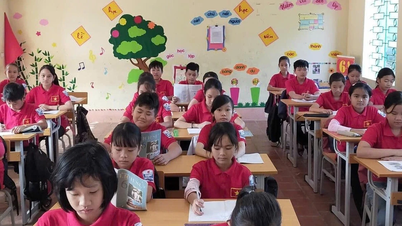











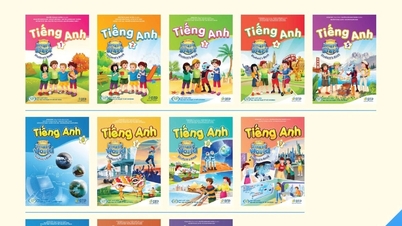






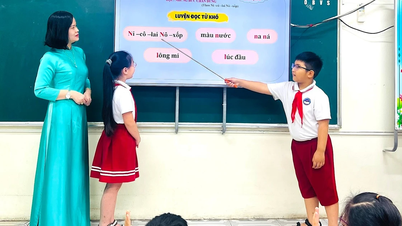






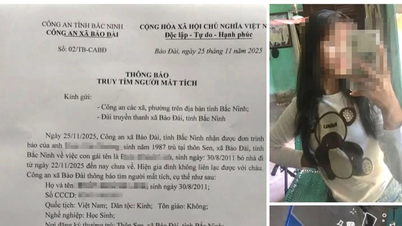













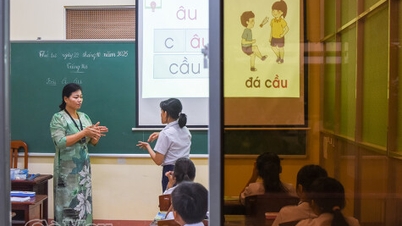


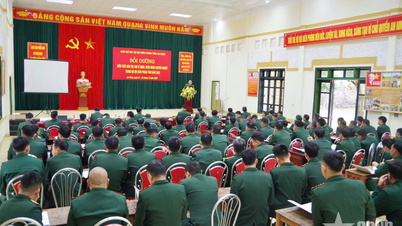


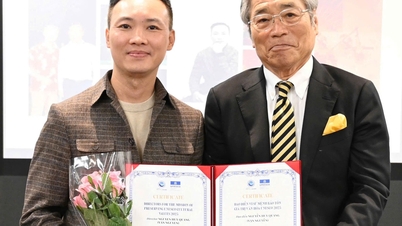





































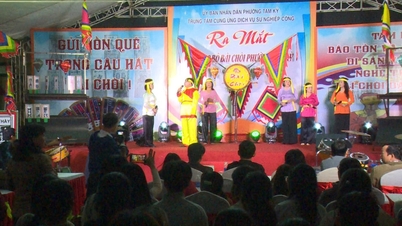
















Comment (0)